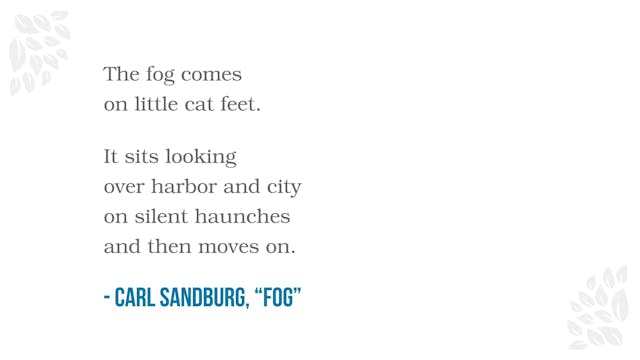Epic of Eden: Book of Psalms - Session 2: Who Wrote the Psalms & Why
Epic of Eden: Psalms (Sandra Richter)
•
19m
The purpose of worship is to ascribe glory to God, not to edify the worshipers. Almost half of the Psalms were written by David, a lyricist and a man of worship, and the rest were written by collectors and professional worship leaders in the tabernacle, to give voice to the worship of God by rehearsing his mighty acts.
Up Next in Epic of Eden: Psalms (Sandra Richter)
-
Epic of Eden: Book of Psalms - Sessio...
The tabernacle provided spaces both for cohabitation with God, and separation from him. It was a place for sacrifice, meditation, and celebration. As the central unifying site in Israelite society, it held the collective memory of the nation.
-
Epic of Eden: Book of Psalms - Sessio...
The Psalms are much more about the experience of the worshiper than theology. In the Psalms we hear the hurt, rate, and anger of the ancient Israelites. Rather than withholding our emotions, God wants us to express our emotions to him, even when they aren't eloquent or uplifting.
-
Epic of Eden: Book of Psalms - Sessio...
There is something about poetry, music, and art that gets into our souls in a way that prose cannot. When a congregations sings out their declaration of faith together, or recites their creed together, the words transform into something almost metaphysical, with power to unify, define, embolden, ...



